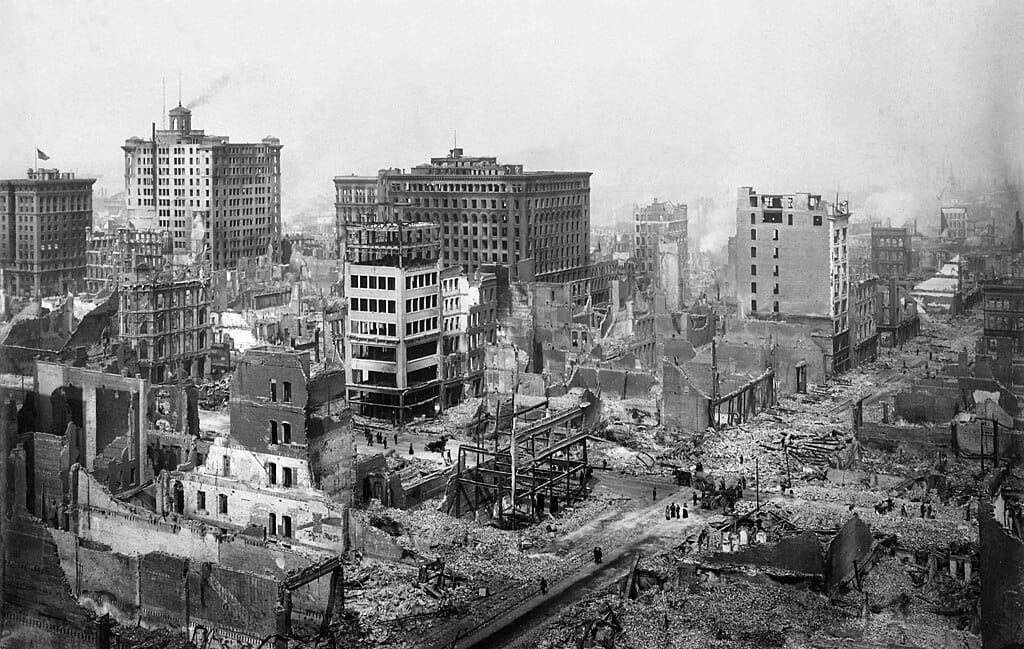Voidwalkin
Emperor
- Joined
- Jun 12, 2024
- Messages
- 1,741
Harris won college grads 56 to 42, to my knowledge. This is not unsubstantial.You know what holds up even better? Just using "rich people" as an analytic category. Doing anything else is a bit of a giveaway that you are just trying to coopt genuine class appeals into culture war.
On "culture war", all I do is recognize that a values gap exists, and recommend strategic adaptations in light of it.
OK? Any employer is going to make judgements even if the degree isn't relevant to the field, but if ya wanna be strict on it, I don't care.It is far from obvious to me given that you are using the phrase "graduate class" when "college graduate" is simply not a class position.
Evidence continues to mount that material isn't the sole driver of politics, though, so as a general ideological categorization, I'm still comfortable using it.
Briefly. One year. Financially, it didn't make sense. Making money didn't seem relevant to what I wanted outta life(still doesn't) so I couldn't justify continued investment.Out of curiosity, have you yourself ever attended college? That is to say, when you speak about academia, are you speaking from (albeit limited) personal experience?
I wish I would have bucked the familial pressure and never went at all.

